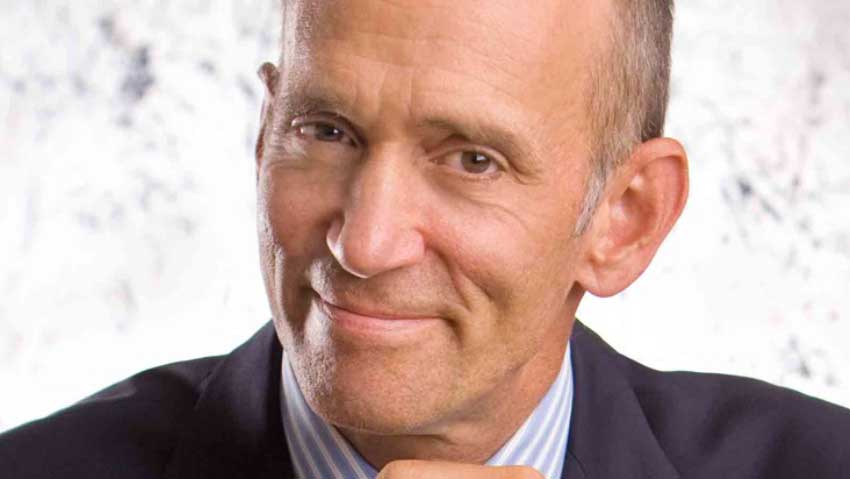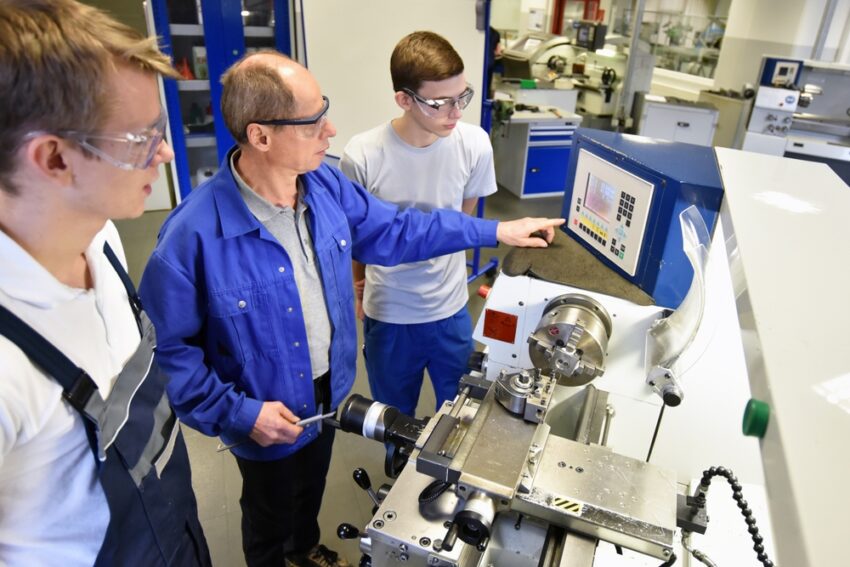The wellness trends for 2025 we’ll all be talking about
2025 will be a big year for tech and society, but what about wellness? Here’s what we’ll all be talking about, with some simple solutions along for the ride. Read more: The wellness trends for 2025 we’ll all be talking about


With every passing year, there appears to be a whole new range of wellness trends.
From health to fitness technology to the weird and wonderful, it seems that wellness is still firmly in focus with every passing year. But of course, it’s easy to see why, as we’re all looking for something to hack our health and to make things easier and more sustainable, particularly in a world plagued by hyper-fatigue at every turn. So, what are the key wellness trends predicted for the year 2025?
Personalised approaches to health
It’s already been gaining prominence, but personalised nutrition and health plans will play a major role in how we view our health.
Technology like AI and wearable devices will play a major role in enabling this, as we desire unique results based on our genetics, lifestyle, and health conditions. There is no one-size-fits-all in terms of the right exercises and diets, and personalised approaches such as meal plans and testing will gain greater prominence.
There is also a greater wealth of resources for people to educate themselves; from nutrition courses to influencers, people are more informed these days, which in turn will inform the services we access. We all demand a greater sense of control and knowledge of our health and fitness, and personalised approaches will be one of the biggest parts of this framework.
Integrated health practices
Contemporary medical treatments are taken for granted, but there will be a greater integration of conventional and alternative medicines working side-by-side. Holistic practices like acupuncture, herbal medicine, and functional medicine are expected to become more mainstream, often used alongside traditional medical treatments which have been gaining popularity.
One traditional approach, forest bathing, also known as Shinrin-yoku, encourages people to immerse themselves in nature for therapeutic benefits. This promotes relaxation and mental clarity and is gaining a huge amount of attention as a form of self-care and stress relief.
Integrated medicine will emphasise treating the root causes of health issues, rather than just the symptoms. Seeking to address underlying factors that contribute to illness and promote long-term health sounds like common sense; however, mainstream medical providers have spent decades putting a plaster over a wound. When we incorporate a more holistic approach to health care and treat the root causes, we are in the driving seat and we’ll feel the benefits.
A greater focus on mental health
Mental health is not the same taboo discussion in most sectors, and for good reason. Mental health and self-care will be a significant wellness trend in 2025 for a number of different reasons.
Companies are expected to offer more comprehensive wellness initiatives that prioritise mental health support, which may include counselling services, stress management programs, and flexible work arrangements to promote work-life balance, including the four-day working week.
Additionally, mental health technology will play a larger role, with innovations such as AI-driven mental health coaching apps, virtual reality treatments for conditions like anxiety, as well as teletherapy or digital mental health platforms to improve accessibility.
There will also be continued efforts to normalise mental health discussions, and increase mental health training and mental health first aid for managers and leaders, while also focusing on preventive mental health measures and early interventions.
Coupled with more open dialogue about mental health in workplaces and communities, all this will drive the wellness aspect of mental health home in 2025. It’s only in the last few years that we have come to understand mental health’s importance in overall health and well-being, and it’s about time.
Biohacking
In some corners of the internet, biohacking is considered the defining way of taking control of one’s health. Biohacking is defined as optimising someone’s body and mind through various interventions, combining technology, biology, and personal experimentation.
Major biohackers and wellness influencers such as Dave Asprey have long been talking about tools and tactics to hack one’s abilities to perform and function better. This trend will gain more prominence in a number of different ways in 2025.
In addition to wearable technology, there is increased use of supplements to optimise health and lifespan, including nootropics for cognitive enhancement. On top of personalised approaches, as already discussed, individualised dietary plans based on genetic testing, AI-enabled health monitoring and analysis, and nanotechnology for targeted health interventions will be more prominent.
Additionally, there will be more home-based, accessible biohacking practices. These can include simple additions to people’s setups like a cold plunge that can enhance recovery and cognitive enhancement.
Old is new again
It’s also important to remember that while we can look to the future and focus on technology and new concepts with health and wellness, the older things coming back are also key to the approach of modern wellness.
Traditional practices of mindfulness and meditation are being embraced more than ever as essential tools for mental health. Many individuals are seeking to incorporate these practices into their daily routines to combat stress and anxiety, while big-name meditation companies like Headspace are personalising the approach to mindfulness in more accessible ways than ever before.
Also, the return to communal practices has gained traction, particularly in a post-pandemic world. Group wellness activities and shared experiences in wellness retreats reflect a desire for the concepts of connection and community. Both are seen as essential for overall well-being and mental health. One simple way many people are embracing a more traditional approach to life is by undergoing digital detoxes, which encourage people to disconnect from technology and reconnect with nature, with many teenagers spearheading this practice.
Gyms are also embracing the “Old is new” mantra, with an approach to functional fitness rather than the “Go big or go home” attitude that was widespread in the 90s and 00s.
2025: A blend of the past and future
Wellness trends come and go with every passing year. 2025 will be a major seismic shift in terms of technology, digital life, social and economic equality, and as a result, there will be a greater focus on health and wellness. We will see all of these trends and more take centre stage in 2025.
Read more:
The wellness trends for 2025 we’ll all be talking about
What's Your Reaction?


























:quality(85):upscale()/2025/02/27/808/n/1922398/26784cf967c0adcd4c0950.54527747_.jpg)
:quality(85):upscale()/2025/02/03/788/n/1922283/010b439467a1031f886f32.95387981_.jpg)
:quality(85):upscale()/2025/01/08/844/n/1922398/cde2aeac677eceef03f2d1.00424146_.jpg)
:quality(85):upscale()/2024/11/27/891/n/1922398/123acea767477facdac4d4.08554212_.jpg)



















